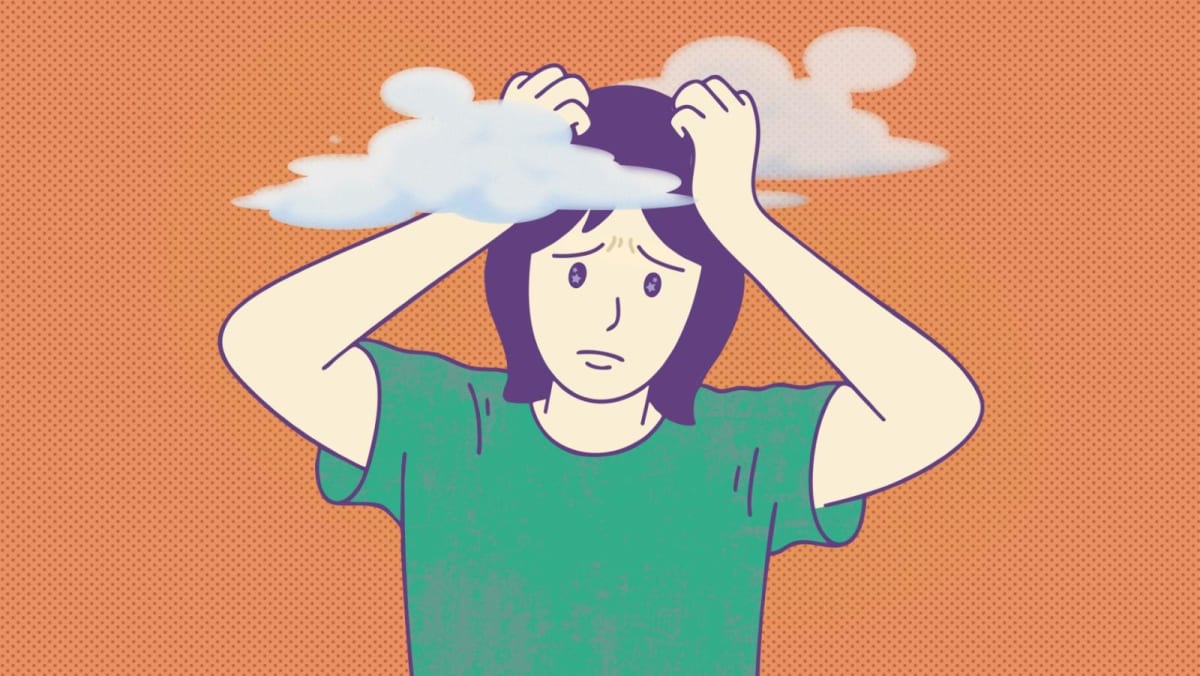Dr Ng explained that the brain needs sleep to consolidate memories. That means it sorts, stores and strengthens new information we have taken in during the day. If sleep is poor, memory suffers.
“This is why good sleep is not just rest. It is essential for clear thinking and learning,” he emphasised.
This is especially important since a 2024 survey published by market research firm YouGov revealed that Singapore was found to be among the top sleep-deprived nations, with 54 per cent of Singaporeans sleeping fewer than seven hours a night.
Dr Ng said: “Regular exercise helps increase blood flow to the brain. A balanced diet with sufficient nutrients supports healthy brain function, especially foods rich in omega-3, antioxidants and protein.”
Social connection and meaningful activities are just as important, he added, because loneliness, boredom and stress can all cloud the mind.
On top of these, Dr Rajesh said that taking breaks as well as avoiding continuous use of gadgets such as phones and computers can help.
“Stress management techniques such as muscle relaxation exercises, mindfulness and deep breathing are also useful.”
TECHNIQUES TO KEEP THE MIND SHARP
Beyond the obvious lifestyle changes, certain small habits can optimise the way we store and retrieve information in different contexts, the experts said.
Dr Ng said using to-do lists, setting phone reminders and sticking to a routine reduces the mental effort needed to keep track of things. Focusing on one task at a time, rather than multitasking, can also help improve attention and reduce forgetfulness.
Writing things down or repeating them aloud helps reinforce memory, too. These strategies are especially useful when the brain is tired or distracted, Dr Ng added.
Another tip to make recall easier, Dr Rajesh said, is to create associations. When you learn something new, immediately relate it to something you already know in a process called “look, snap, connect”.
“It is about paying attention in the moment of learning something new and then using visualisation to solidify the memory.
“‘Look’ refers to focusing on what you want to remember. ‘Snap’ means taking a mental snapshot related to the information. ‘Connect’ involves linking the image and the information,” Dr Rajesh added.
For example, when meeting someone, try connecting the name to something personal such as the individual’s appearance, job, background, hobby or spouse.
Dr Ng said this technique works especially well for names or new facts. If you meet someone named Raymond at the hawker centre and he is known for making teh tarik, imagining him pulling tea behind the stall can help you remember both his name and where you meet him.
Another technique is “chunking”. This is helpful when you need to remember longer pieces of information by grouping them into smaller, meaningful parts, Dr Ng added.
For instance, if you are going to the supermarket and need to buy 10 items, it helps to group them by category such as fruits, household items, dairy and pantry items, so that you end up remembering four groups instead of 10 random items.
Additionally, rhymes and stories are useful for remembering short lists.
For instance, a rhyme that goes, “eggs and kaya, kopi for Ah Ma, roti prata” makes it easier to recall your breakfast run, while turning a list into a story helps it stick better, Dr Ng suggested.
Dr Rajesh said mnemonic devices (memory techniques or aids) are also helpful to make memorisation easier. It could be acrostic mnemonics, where the first letter of each word is combined to form a phrase or a sentence.
How about brain training applications? Dr Ng said they can potentially improve attention or reaction time, but research shows that their effects are often limited to the game itself and do not necessarily carry over into better memory or daily function.
In his view, real-world activities are often more meaningful and effective. He believes that learning a new skill, reading widely, having thoughtful conversations, or even playing music or doing puzzles can all stimulate the brain in more natural or social ways.
Dr Wang stressed: “The brain is like a muscle. Use it or lose it. Keeping your mind active keeps the brain circuits alive.”
